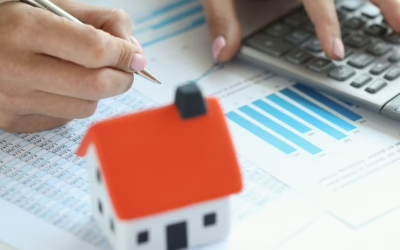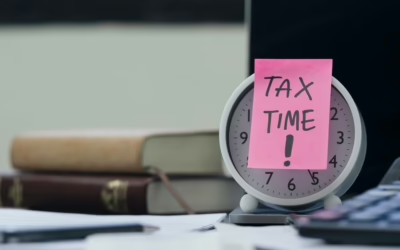If you’re applying for the Age Pension — or thinking about it — one of the key things Centrelink will assess is your assets. The assets test helps determine not only whether you qualify for the fortnightly payments, but also how much you’ll receive.
But what exactly counts as an asset? And how much can you have before your payments are reduced or cut off altogether?
In this article, we explain how the assets test works, what the current thresholds are, and what you can do to manage your position confidently.




